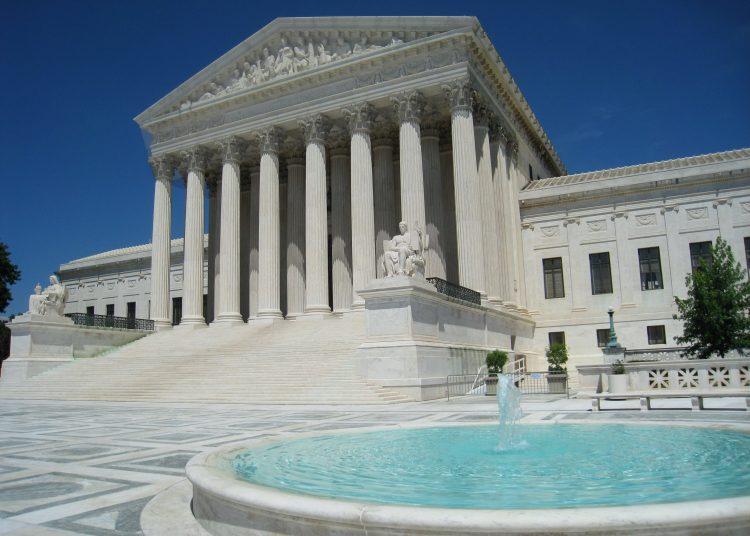DES MOINES, Iowa — Attorney General Tom Miller filed an amicus brief today in the U.S. Supreme Court supporting several renewable fuels and agricultural associations in their challenge to the EPA’s award of small-refinery exemptions to the Renewable Fuel Standard (RFS).
Miller and Nebraska Attorney General Doug Peterson organized and led a bipartisan coalition of eight state attorneys general to join in the brief.
“The EPA’s practice of freely granting exemptions to the oil industry has undermined the promise of renewable fuels and harmed Iowa’s farmers and biofuels industries,” Miller said. “I’m grateful that a bipartisan coalition of states has joined us in this effort.”
Miller filed the brief in HollyFrontier Cheyenne Refining, LLC v. Renewable Fuels Association. The case asks the Supreme Court to decide the EPA’s authority to grant small-refinery exemptions to the Renewable Fuel Standard, which requires increasing use of ethanol, biodiesel, and other renewable fuels.
The RFS exempted certain small refineries from complying with its requirements to blend renewable fuels into their gasoline or diesel fuel and gave EPA authority to extend the exemptions based on disproportionate economic hardship. In 2017, the EPA began granting a surge of small-refinery exemptions that devastated demand for renewable fuels, causing ethanol and biodiesel plants to slow, idle, or close.
A coalition of biofuels associations challenged new exemptions awarded to three small refineries that had not previously and continuously received the exemptions. In January 2020, the U.S. Tenth Circuit Court of Appeals agreed, concluding that the EPA had authority only to grant extensions to a refinery that continuously maintained the exemption.
In the amicus brief, Miller argues that the Tenth Circuit got it right. The plain language of the statute limits EPA’s authority to grant the exemption. And the more expansive interpretation pushed by the small refineries would gut the RFS, the brief says. He also explains how an ineffective RFS would cause substantial economic harm to Iowa and other states’ rural economies, hurt the environment, and hamper efforts to move toward energy independence.
In February 2021, the EPA and the Biden administration announced it supported the Tenth Circuit’s decision, and the Justice Department submitted a brief in support.
As Miller’s brief notes, Iowa is the No. 1 renewable-fuel-producing state in the nation. In 2020, the renewable fuel industry accounted for $4 billion — about 2 percent — of the state’s GDP, supported more than 37,000 jobs, and generated $1.8 billion of household income.
Yet, the small-refinery exemptions have reduced the RFS mandate by an average of 7 percent each year from 2017 through 2019 — causing more than $2 billion in lost demand for renewable fuel nationally each year.
Iowa Renewable Fuels Association Executive Director Monte Shaw thanked Miller for his leadership in organizing the effort.
“We greatly appreciate the leadership of Attorney General Miller to bring together a large, bipartisan group of states to support the RFS and the letter of the law,” he said. “This amicus brief sends a message loud and clear from eight state attorneys general that the 10th Circuit Court got it right. They clearly and accurately interpreted and upheld the RFS law. This brief encourages the U.S. Supreme Court to do the same. Words matter and the RFS should be implemented as Congress intended. Today’s amicus brief is another step in getting the RFS back on track and growing demand for low-cost, low-carbon biofuels.”
In addition to Iowa and Nebraska, Miller’s brief was joined by Illinois, Michigan, Minnesota, Oregon, South Dakota, and Virginia.
The case will be argued before the Supreme Court by telephone conference at 9 a.m. Central time on April 27. A decision is expected by the end of June.
Read the amicus brief below:
20210331131708909_20-472 Brief of Amici Iowa et al. Supporting Respondents















